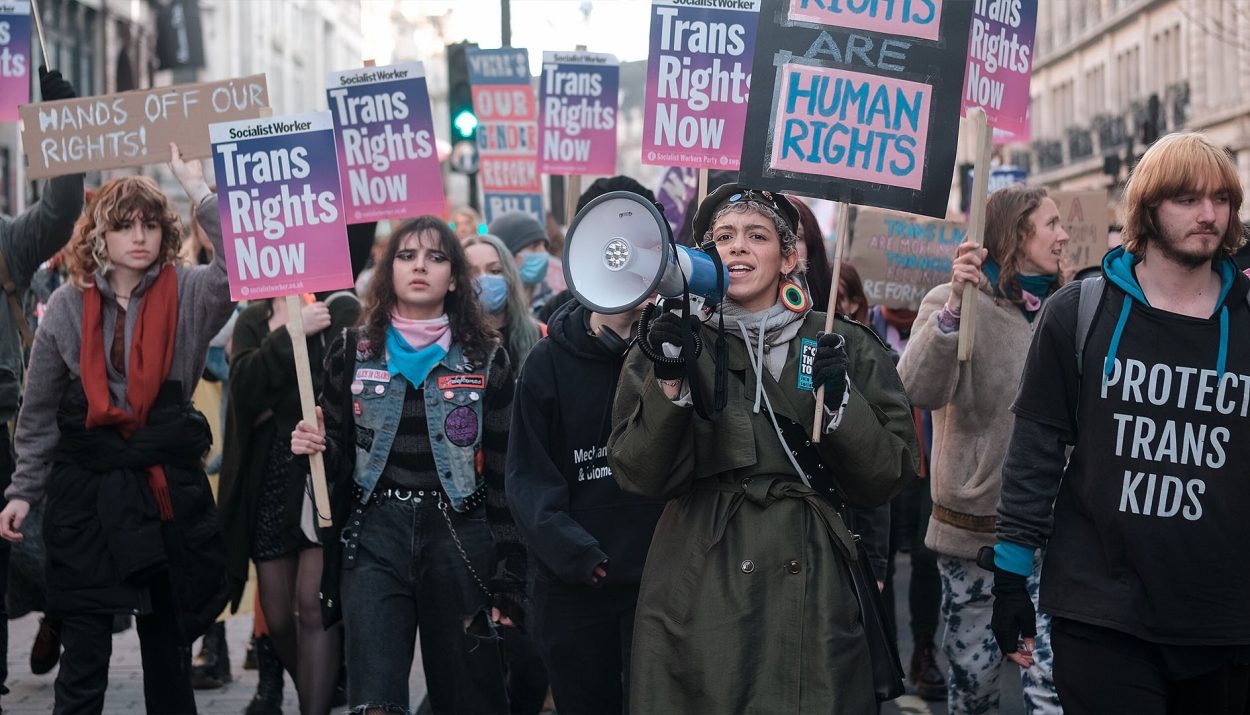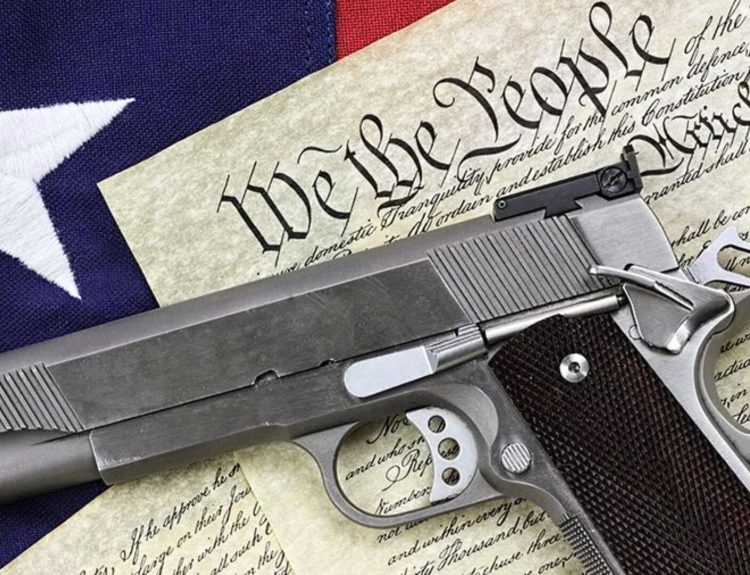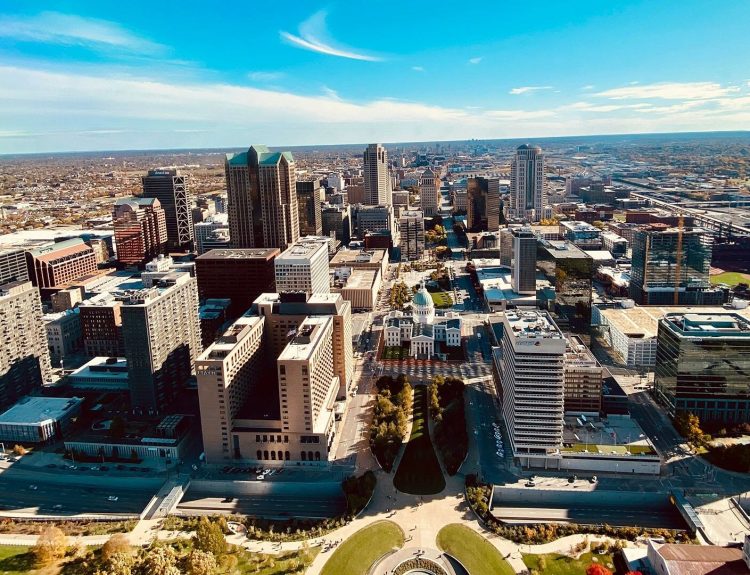Amid a wave of disruptive demonstrations at Kentucky’s Capitol, the Republican-controlled state legislature seeks to criminalize protests interfering with law making activities. A bill passed by the House would make disorderly conduct aimed at disrupting legislative business a misdemeanor for first offenses and a felony for repeat offenses.
While supporters say the measure is needed to prevent interference with legislative work, activists argue it could violate constitutional free speech protections and chill citizens’ ability to challenge authority.
New Legislation Aims to Criminalize Disruptive Protests in Kentucky
Kentucky’s Republican-controlled legislature recently introduced a bill to criminalize disruptive protests interfering with legislative proceedings.
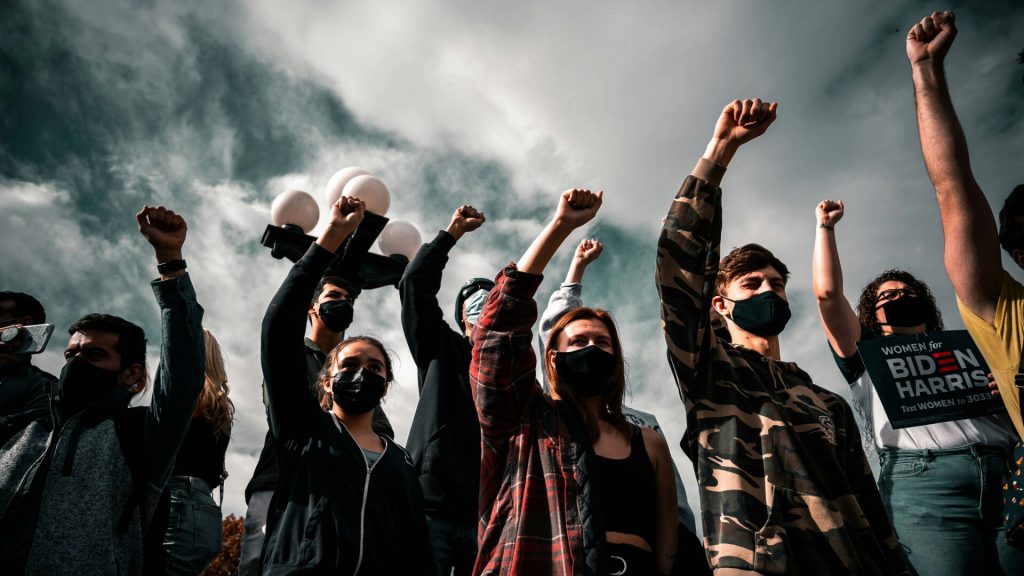
The proposed legislation comes in response to protests against anti-transgender legislation last year that resulted in several arrests.
Critics Aurge The Bill Pushes For Silencing Free Speech
Critics counter that the bill threatens free speech rights and the ability to challenge authority. “When lawmakers are willfully stripping away civil rights, what other avenues do Kentuckians have but to protest their actions?” said Chris Hartman, executive director of the Fairness Campaign, an LGBTQ advocacy group.
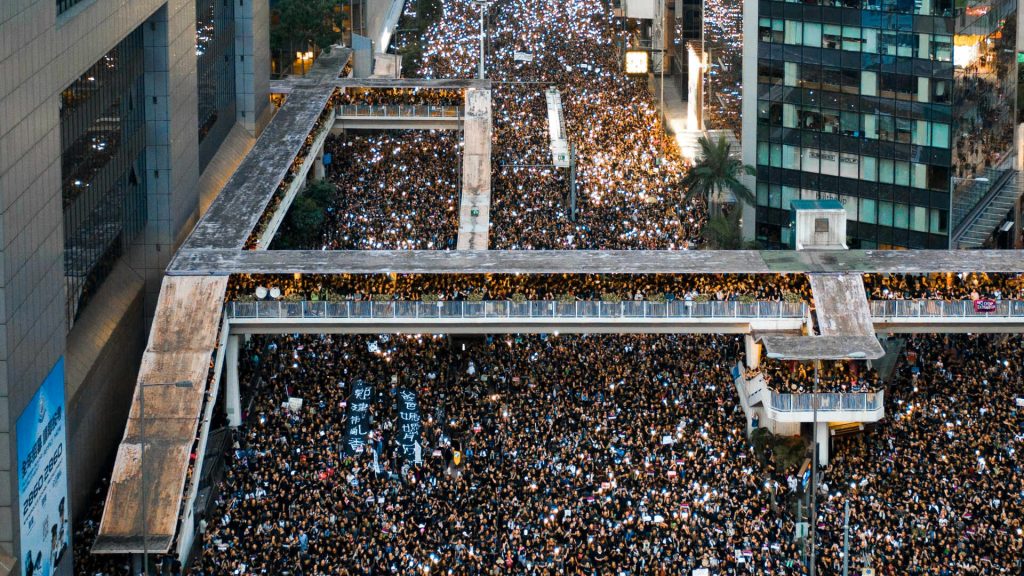
The ACLU of Kentucky warned that the legislation could allow people to be arrested “for simply expressing their opinions to legislators.”
Attacking Capitols Is A National Trend
Kentucky is not alone in attempting to curb disruptive protests at state capitols. Several other states have passed or proposed similar legislation, though some measures have faced legal challenges.
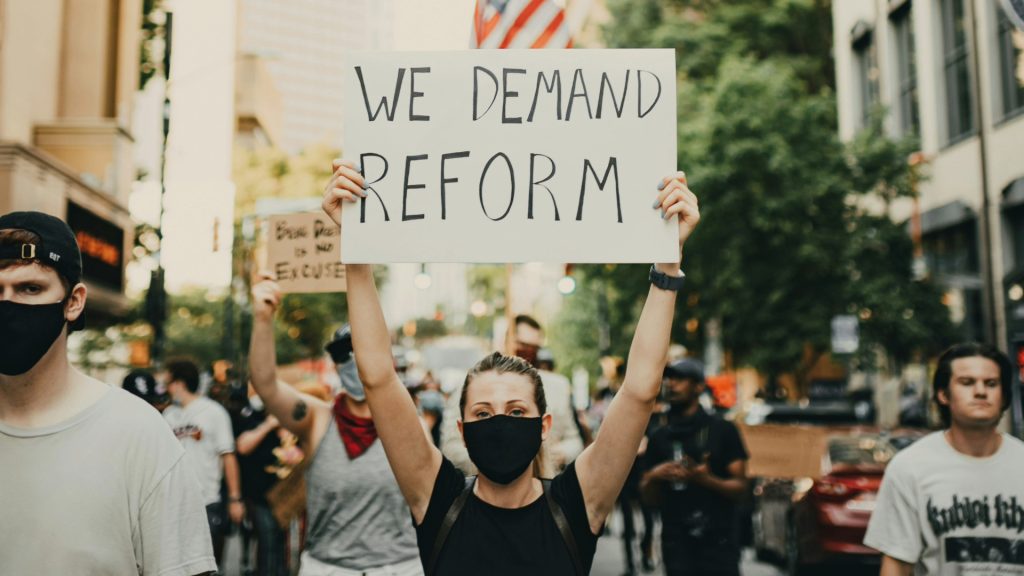
Georgia has a law making a third offense a felony, and Kansas relaxed rules banning handheld signs and requiring permits for events after a lawsuit.
Background on Recent Protests at the Kentucky Capitol
In recent years, the Kentucky Capitol building has been the site of numerous protests on polarizing issues. Teachers, union members, abortion-rights supporters, and activists have staged rallies and packed committee meetings to voice their opinions.
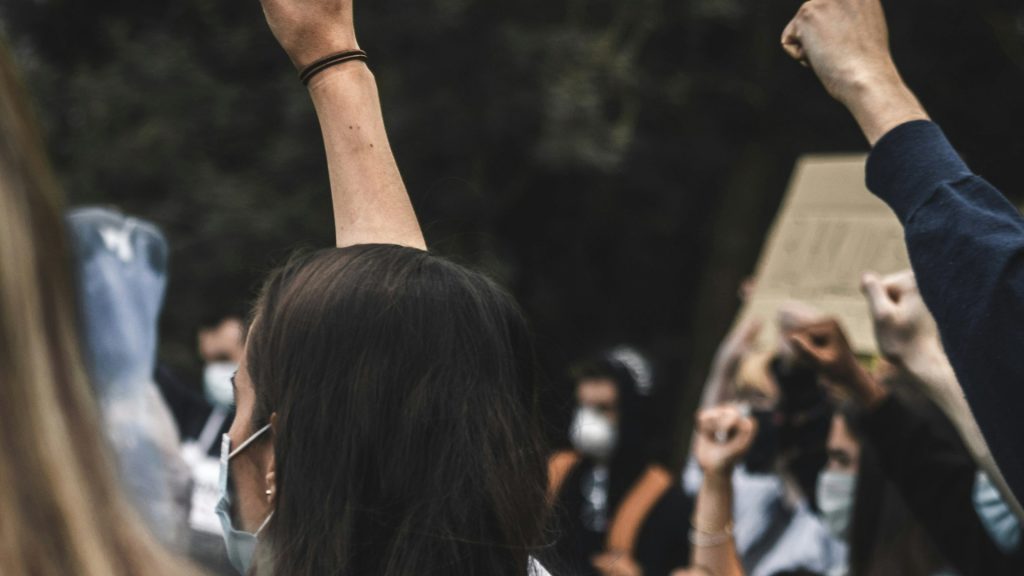
However, demonstrations against anti-transgender legislation in 2020 resulted in arrests and prompted legislators to take action.
Kentucky House Bill 626
In 2021, the Kentucky House approved House Bill 626, which would make “disorderly or disruptive conduct” intended to interfere with legislative proceedings a misdemeanor on first offense and a felony for repeat offenses.
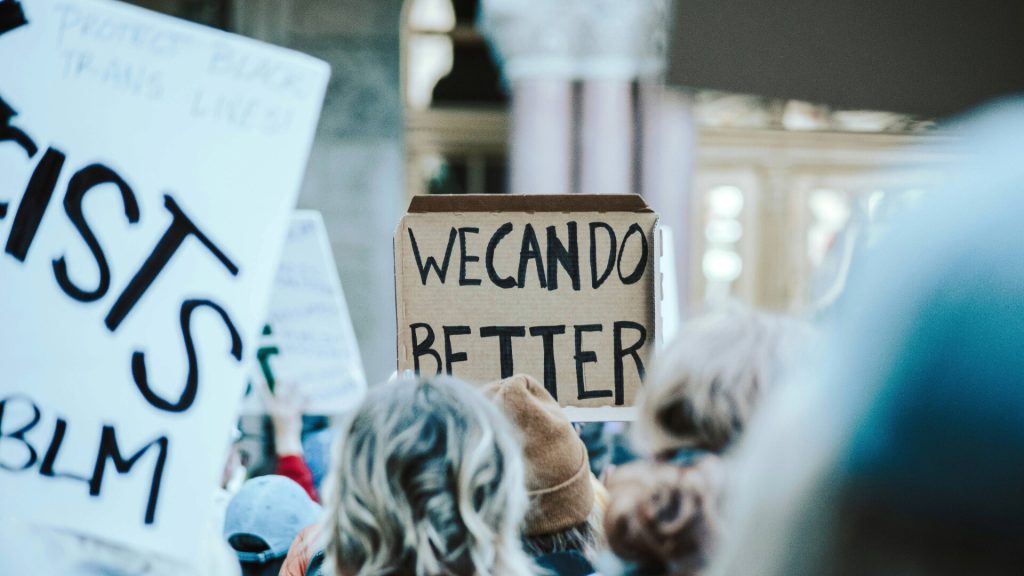
The bill is awaiting consideration in the Senate. Supporters argue it will prevent interference, while opponents counter it could violate free speech rights.
Details of House Bill 626 and Proposed Offenses
The first offense, “disorderly or disruptive conduct,” refers to behavior intended to disrupt or prevent legislators from conducting official legislative business.
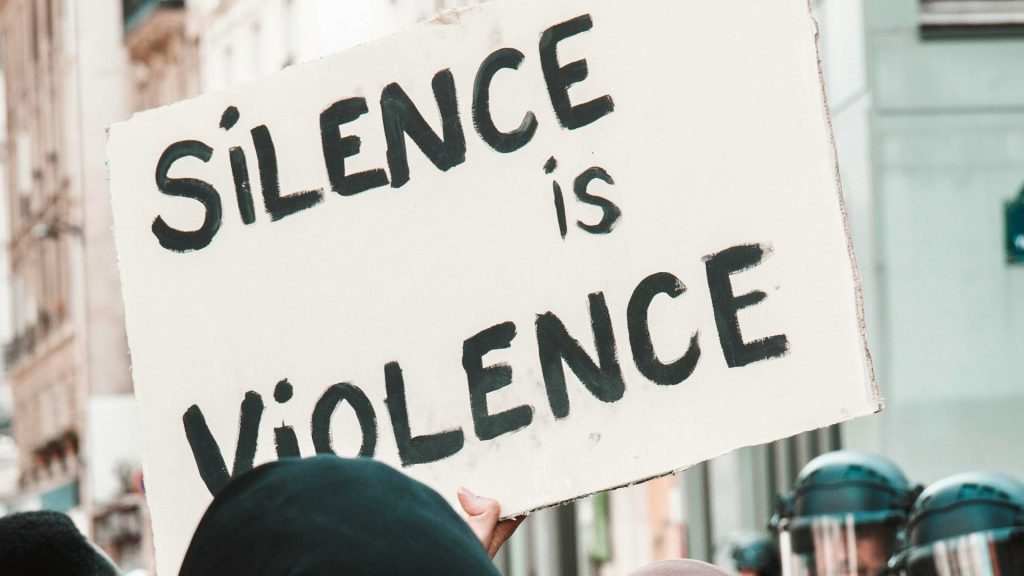
The second offense, “interfering with the General Assembly,” refers to impeding legislators or legislative staff from entering legislative rooms or refusing to leave legislative facilities intending to disrupt legislative business. This would constitute a Class A misdemeanor.
Comparable Legislation in Other States
Other state legislatures have passed similar laws criminalizing disruptive protests. Notably, Georgia has a law making a third offense of disrupting a legislative session a felony.
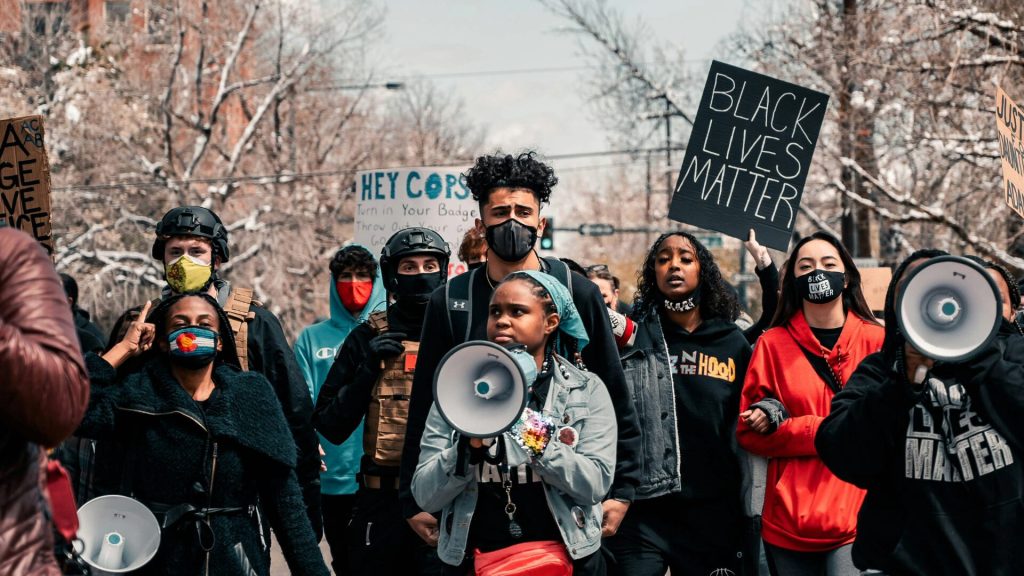
Kansas previously had strict rules requiring permits and legislative sponsors for events at the statehouse, though these rules were relaxed in 2020 following a lawsuit.
Preventing Disruptive and Disorderly Protest
House Bill 626 aims to prevent disorderly protests from disrupting legislators and the legislative process. However, critics argue the bill could infringe upon Kentuckians’ right to free speech by criminalizing peaceful expressions of dissent.
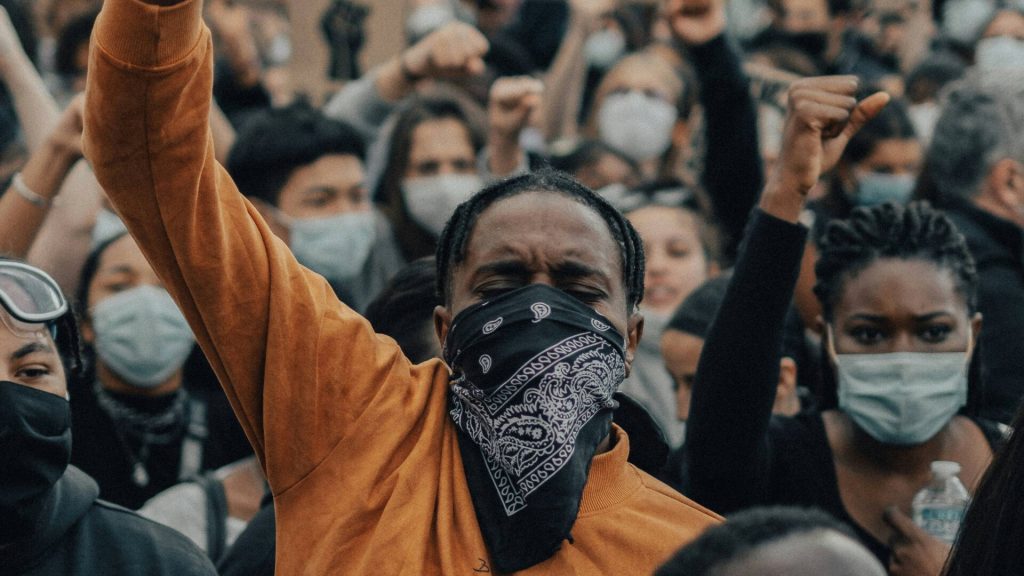
The debate surrounding House Bill 626 reflects the broader challenge of balancing free speech rights with the orderly functioning of government institutions.
A Slippery Slope of Civil Liberties
There are also worries that the legislation could represent a slippery slope towards further erosion of civil liberties.
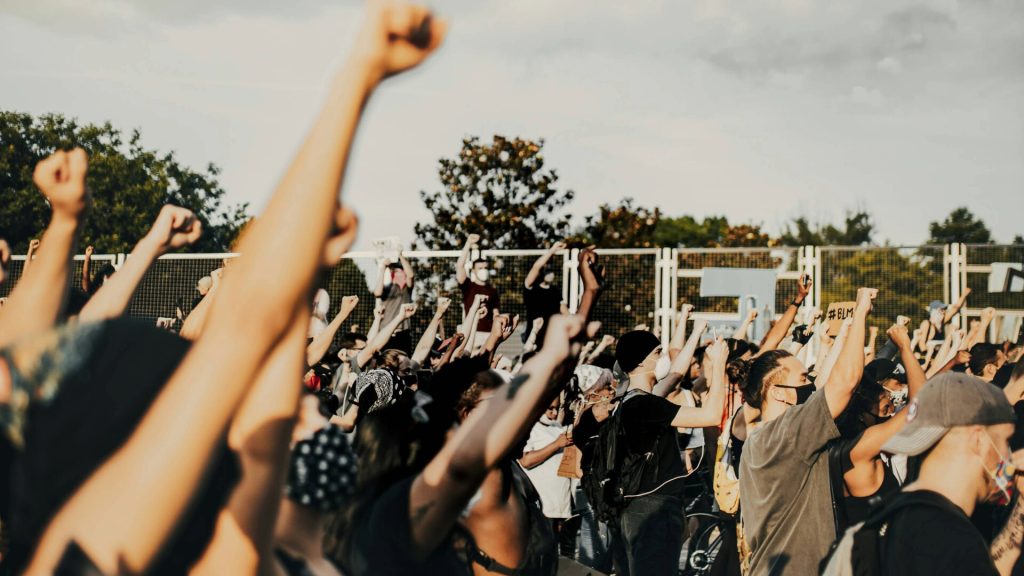
The offenses include “impeding a lawmaker or aide from entering a legislative room or refusing to leave a legislative facility intending to prevent lawmakers from doing business.”
Supporters Say Bill Needed to Prevent Interference With Legislature
Supporters of House Bill 626 argue that the legislation is necessary to prevent disorderly and disruptive interference with the General Assembly’s proceedings.

Republican Representative John Blanton, a bill sponsor, maintains that while protesting is “as American as apple pie,” there must be consequences when protesters “cross the line” into disruptive behavior that prevents lawmakers from doing their jobs.
Proponents Affirm The Bill Is Meant To Establish Order
Proponents also argue that the bill establishes reasonable rules of order and decorum within the statehouse, as other public institutions like courts of law have.
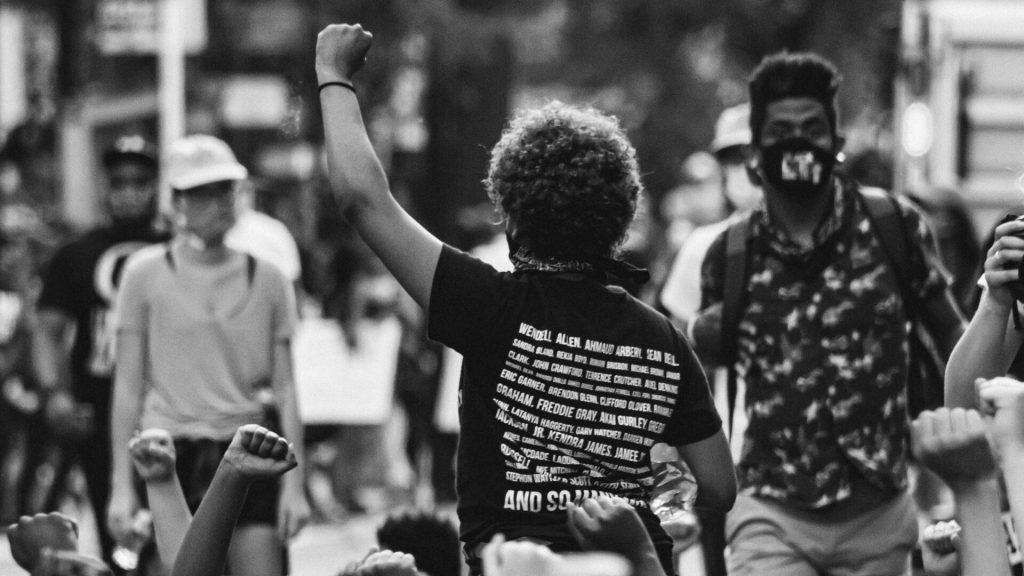
They claim that the legislation does not prohibit protests outright but aims to forbid disorderly conduct specifically intended to disrupt the legislative process.
Balancing Rights and Liberties
While acknowledging the importance of the right to protest, supporters contend that the bill strikes a reasonable balance between that right and the legislature’s obligation to conduct the people’s business.
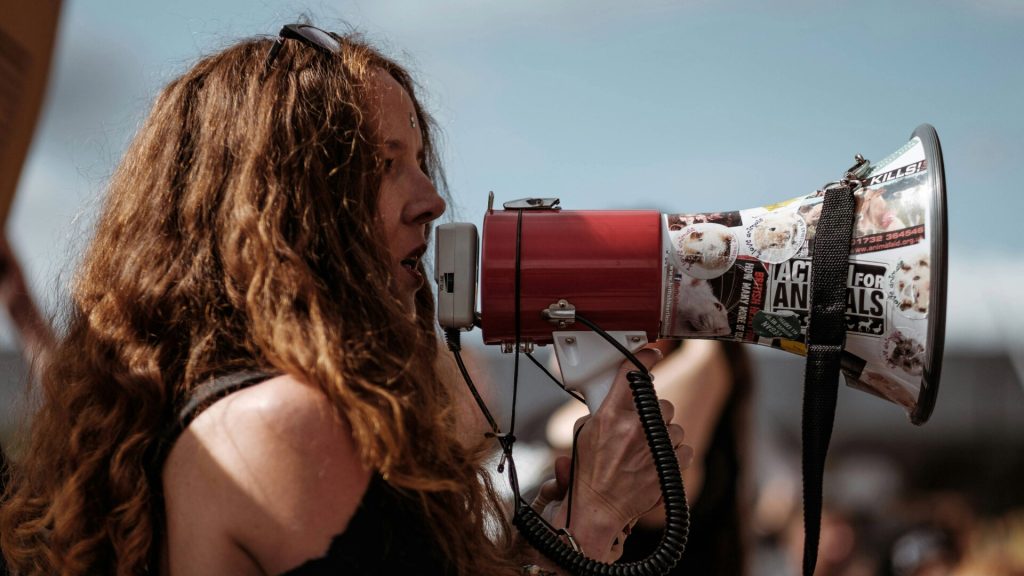
They argue that the Assembly cannot fulfill its responsibilities if disorderly protesters are allowed to obstruct and interfere with its proceedings continuously.
Debate Centers Around Defining “Disruptive”
At the heart of the debate is disagreement over what constitutes disruptive versus protected protest. While proponents argue the legislation aims to prevent unlawful interference, critics worry it could be interpreted broadly.
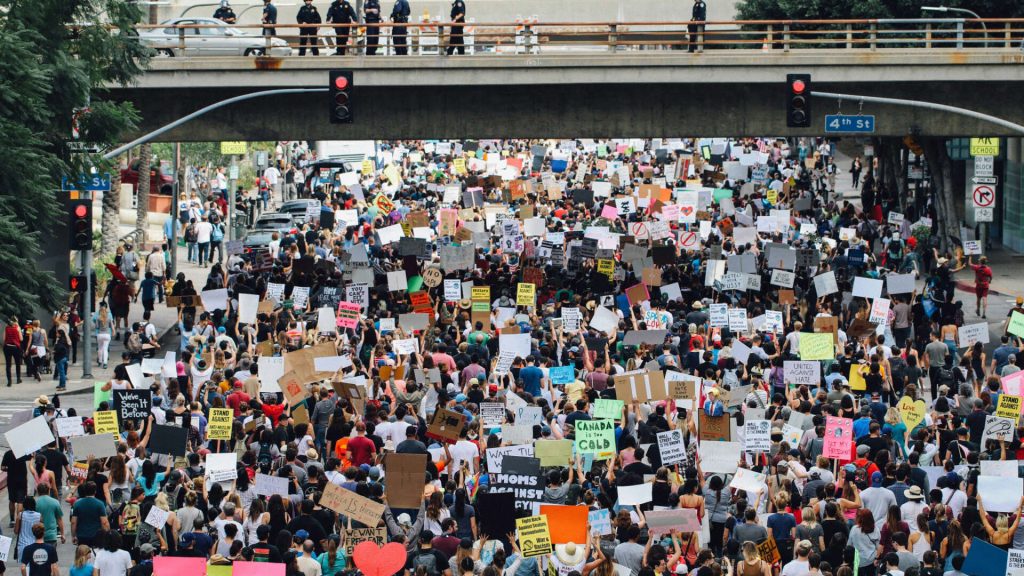
The legislation defines disorderly or disruptive conduct as “intended to disrupt or prevent” lawmakers from conducting business but does not provide further specifics.
Core Freedoms Also Have Limits
Freedom of expression and assembly are core principles in American democracy. However, even constitutionally protected rights have limits when they prevent duly elected officials from performing their duties on behalf of the public.
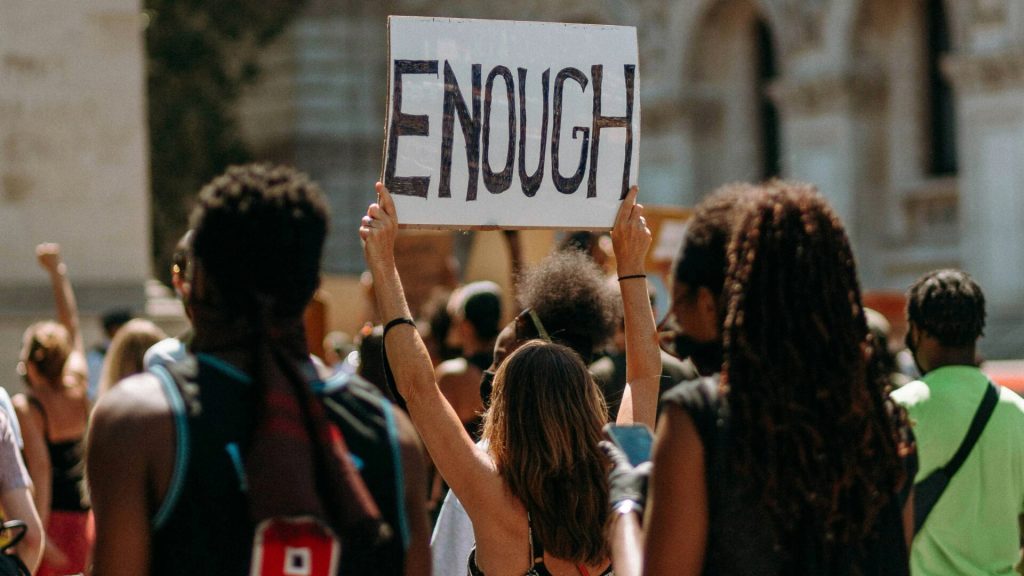
Kentucky’s Republican lawmakers believe they have struck an appropriate balance between protecting lawful protests and allowing the legislature to conduct its business.

